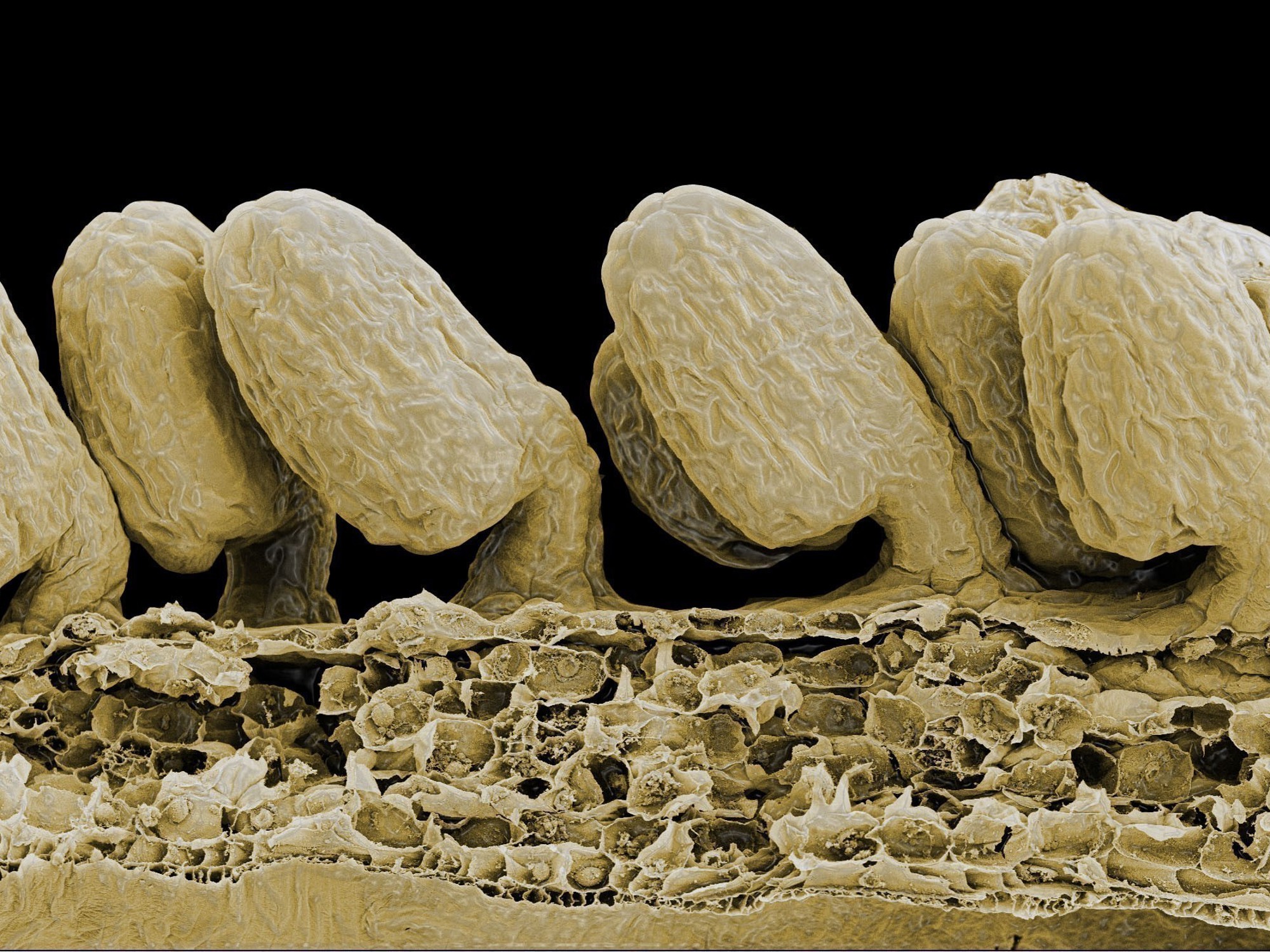Dr Michelle Hart, Biodiversity Genomics and Analytics Lead / Head of Scientific and Technical Services
As Head of Scientific and Technical Services (STS), Michelle is responsible for the provision and maintenance of the research laboratories and associated services at RBGE. The lab facilities are a core shared-use facility, supporting a diverse range of research activities.
Michelle is responsible for developing these facilities to accommodate changes in research emphasis and for implementing new technologies to support RBGE's Science. She is also involved in the day-to-day running of the labs, training and technical support to lab users and Health & Safety.
In addition to her management role, Michelle conducts research to support RBGE’s core science, for example on plant and fungal DNA barcoding, metabarcoding and biodiversity genomics.
Google scholar profile Hyperlink
orcid.org/0000-0001-9503-7786
Research Focus
Current research interests include the application of Next Generation Sequencing to biodiversity research and maximising the use of plant collections, past, present and future, in genomic research:
- The Darwin Tree of Life (DToL) – RBGE is a Genome Acquisition Lab (GAL) and focuses on the coordination/delivery of the plant component of DToL. As the Principal Investigator for the DToL at RBGE Michelle is responsible for ensuring the smooth delivery of the Garden's part in this ambitious project. Our work involves curating taxon lists for vascular plants and bryophytes, developing sampling priorities, collecting and identifying plant samples, undertaking plant DNA barcoding, R&D on HMW DNA extraction protocols for plants, and linking the resulting genomic outputs to projects focusing on taxonomy, ecology, evolution and conservation. https://www.darwintreeoflife.org/
- Collections management - Natural history collections for the Genomic era. The successful application of advanced sequencing techniques to historical collections, together with advances in ancient DNA extraction methods triggered this research. Aimed at optimising methods of field collection and sample storage at RBGE, the STS molecular team (Michelle Hart, Ruth Hollands & Laura Forrest) are undertaking a long-term experiment, assessing different methods of sample preservation to maximise DNA integrity.
- Capturing Genes from Herbaria. STS are currently optimising protocols for the sampling and processing of herbarium specimens, to enable the routine generation of robust sequence data from our preserved collections. This includes setting up a historic DNA laboratory facility and the evaluation of the use of commercial kits in preparing DNA libraries from small quantities of highly degraded DNA https://doi:10.12705/655.9
- Meta-barcoding - Ecological factors determining symbionts in Cyanolichens. Collaborative project with Dr Rebecca Yahr (RBGE) This project is using amplicon sequencing to look at the selectivity of a symbiotic cyanobacterium, Nostoc, for its host, the Atlantic rainforest lichen Nephroma. The aim is to see how ecological factors such as climate, woodland connectivity and environmental availability affect the symbiont composition of lichens.
Useful Links DNA barcoding the British liverworts

